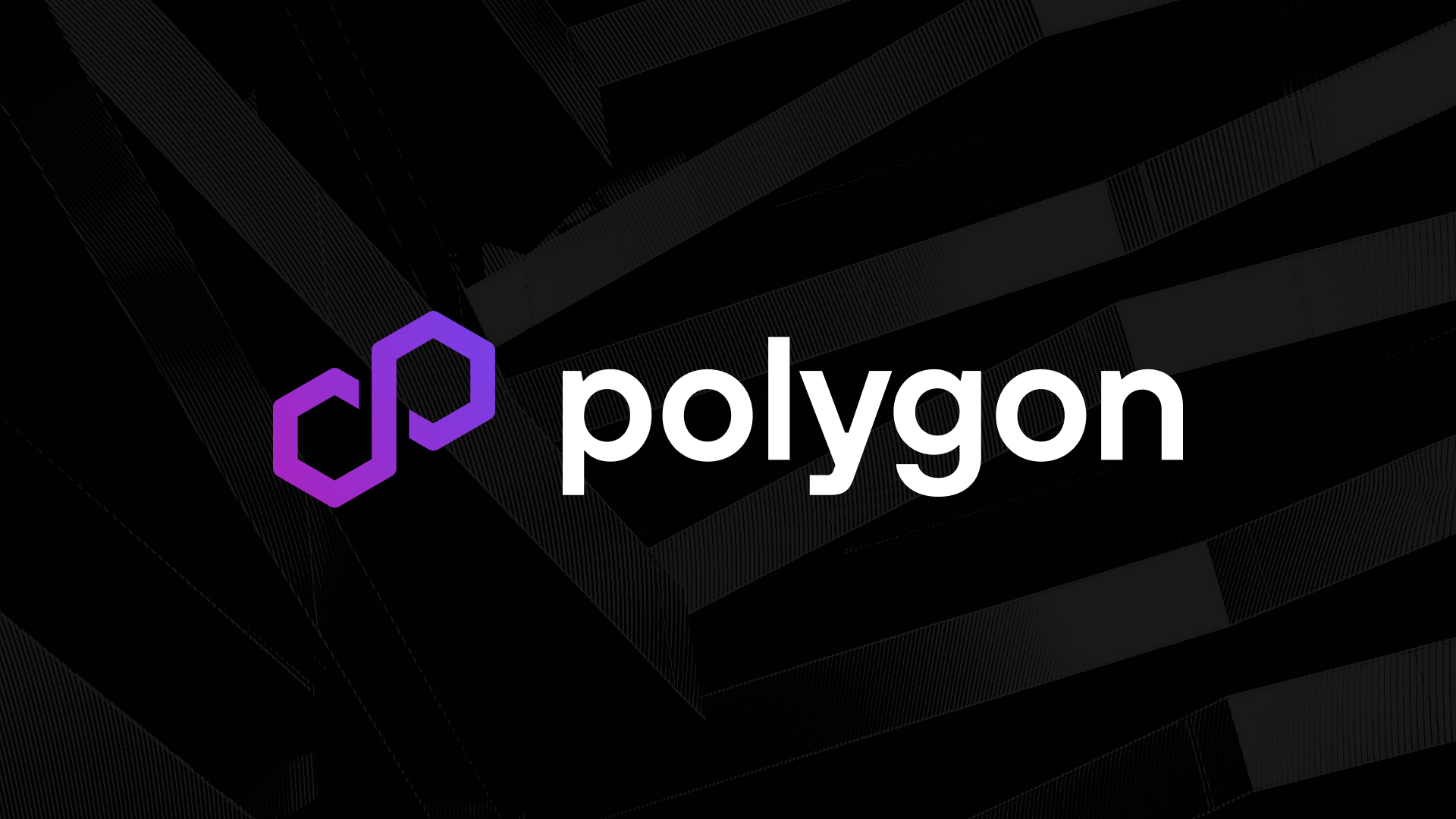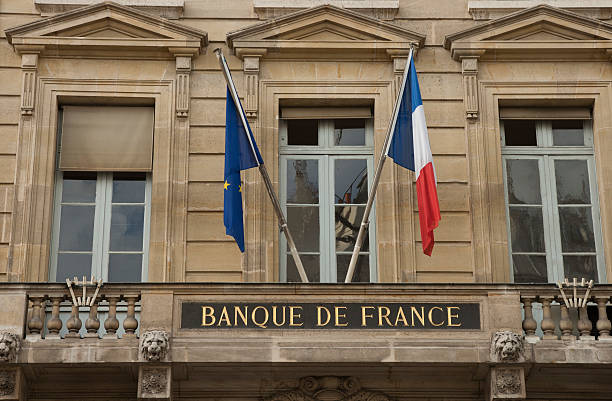Polygon co-founder Mihailo Bjelic has proposed a notable upgrade to the Polygon proof-of-stake (PoS) network.
According to a forum post dated June 20, Bjelic suggested transforming the PoS network into a ‘zkEVM validium’ version, leveraging to bolster security.
Polygon’s Adoption of zkEVM and the Validium Model
Polygon PoS, an Ethereum scaling solution established in 2019, currently manages over $900 million in total value locked within its contracts, processing over two million transactions each day. A second network, Polygon zkEVM, launched in March, utilizes zero-knowledge proof rollups to scale Ethereum.
In Bjelic’s proposal, the original PoS network would also be upgraded to a zkEVM, or , version. The principal difference with the recently launched network is that the new Polygon PoS would not function as a “rollup”. Instead, it would operate as a “validium”, storing only validation proofs on the layer 1, while keeping the actual transaction data on a separlate chain.
Security Enhancement and Lower Fees
This approach would allow the Polygon PoS to feature lower transaction fees than Polygon zkEVM, contributing to increased usage. Moreover, the upgrade could potentially improve the security of Polygon PoS by enabling it to inherit Ethereum’s security.
In the future, Polygon zkEVM might be deployed for high-value transactions where security is a top priority. Simultaneously, Polygon PoS could be the preferred network for gaming and social media enthusiasts requiring high transaction volume and lower transaction fees.
Polygon 2.0 and Data Availability
The transformation of Polygon PoS and the launch of Polygon zkEVM form part of a grander plan by the team to create a “Supernet”. This ambitious project, also known as ““, aims to unite various application-specific chains.
Zero-knowledge proofs are seen as a significant advancement in blockchain technology, and data availability will play a key role in unlocking their full potential.
According to Anurag Arjun, co-founder of Polygon, future base-layer blockchain protocols will need to optimize data availability for proofs, verifications, and settlements rather than execution. Avail, a platform spun off from and led by Arjun, offers infrastructure for ZK-rollups and other off-chain scaling solutions, addressing the current costs associated with submitting ZK-rollups and to the mainnet.
Bjelic indicated that his informal proposal might evolve into a formal Polygon Improvement Proposal by November, with potential implementation on the mainnet between February and March 2024. If successful, this upgrade could represent a significant leap towards improving the security and performance of Polygon networks.
The proposal comes in days after another Polygon upgrade proposal detailed aspects of its governance towards what has been dubbed as an .
Credit: Source link























